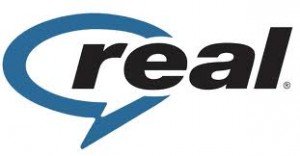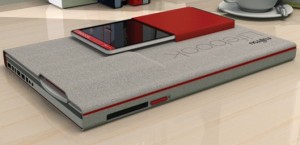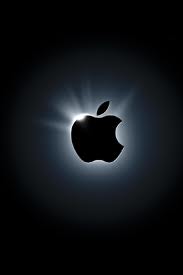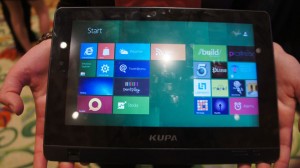Market research firm Strategic Analytics’ latest study of the tablet market shows that global tablet shipments reached 27 million units in the last quarter of 2011 and that Android-based systems captured a 39% share.
The 4th quarter sales represent a 150% increase over the 10.7 million units sold a year earlier. Apple is still the king of the hill with a 58% share, a number that translates into 15.4 million iPads sold.
The report notes that Microsoft has a miniscule 1.5% share of the market, although that may change when Windows 8 hits the market later this year. Overall for 2011 tablet sales reached 66.9 million units, a 260% increase and the company found that increasingly consumers are opting for a tablet rather than a notebook computer.
Onavo lands $10 million in Series B funding
Mobile app developer Onavo has raised $10 million in Series B funding in a round that was led by Horizon Ventures, the private investment arm of billionaire Li Ka-shing. The other new investor in the round was Motorola Mobility Ventures, the strategic equity arm of Motorola Mobility.
Along with the funding the company added Jason Wong from Horizon Ventures to its board. Onavo’s previous investors, Sequoia Capital and Magma Venture Partners, also participated in the round.
Onavo develops a mobile app that can run on both Apple iOS and Android mobile devices and monitors data usage and has the ability to compress data in real time by routing the data through its cloud-based servers prior to its appearing on a mobile device.
Apple loses another round in patent wars
A Dutch court has reaffirmed a lower court ruling that Samsung’s Galaxy Tab 10.1 tablet does not violate Apple’s patents and is not a copy of Apple’s iPad. Apple had been seeking to ban sales of the device in the Netherlands.
This follows a ruling in the US where a judge allowed Samsung to sell the tablet prior to the court case that will hear Apple’s arguments regarding the issue. At least Apple was not on the wrong side of one ruling-Samsung has filed its own patent suit and a court is allowing Apple to sell its iPads in the country as well.
Motorola has also gone on the offensive and has asked the U.S. District Court in the Southern District of Florida to ban iPhone sales. It alleges that the iPhone infringe on six of its patents. It is very likely that Google gave Motorola due to terms in its pending purchase of Motorola.
Not to be deterred Apple has also filed a pair of new patent complaints in Germany against Samsung. And so it goes.
Jupiter Research sees a bright future for Ultrabooks
Market research firm Jupiter Research predicts that sales for ultrabooks, a sleek, lightweight notebook style being touted by Intel and partners, will experience very strong sales but will still trail the increasingly popular tablets.
The firm predicts that Ultrabook sales will reach 178 million in 2016, yet that will be significantly lower than the estimated 253 million tablets it expects to see sold in that year.
Ultrabooks in part will suffer simply because they will be later to market, while tablets have already seen very strong sales.
However it notes that due to the demanding engineering challenges in building an Ultrabook they will be significantly pricier than most tablets and that one of the key technologies expected to help sales, Windows 8, is not due until much later this year.
Rival social network companies tweak Google
Google has long been accused of playing favorites, with itself as the favorite. Now Twitter, Facebook and MySpace are striking back with the aptly named browser add-on called “Don’t be evil”
The name is a riff on one of Google’s unofficial mottos and the app will allow user of Google’s search engines to see how a search result page would look using Google’s pure organic search results. They claim that Google is slanting the searches to favor its one social network, Google+.
For an analysis of how search results can be different with and without the app goes to the Search Engine Land web site and read Danny Sullivan’s nicely researched piece on the differences.
Notes from earning reports…
Samsung Electronics has posted a record operating profit of $4.72 billion in its fourth quarter, driven by its surging smartphone sales. I guess those ads are working.
Motorola Mobility reported an $80 million loss for the 4th quarter with unit sales of tablets and phones down from the same period a year earlier, 10.5 million compared to 11.3 million. It shipped only 200,000 tablets in the current quarter.
Nokia on the other hand has a different story to tell. It reported that its smartphone sales dropped 27% in the fourth quarter. Expect it to accelerate the introduction of the Lumina 900, one of its new line of smartphones that run on Windows 7 operating system. However don’t cry for the company just yet, aside from still selling in excess of 20 million phones its deal with Microsoft calls for it to get a quarterly platform support payment of $250 million.














